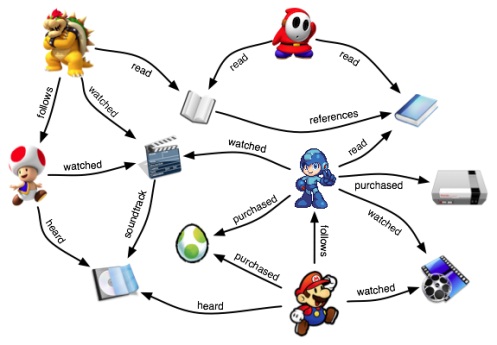This article was originally published in the Tesseract Academy’s blog
The retail industry has gone through massive changes in recent years, changes that are ongoing. Artificial Intelligence (AI) is a key part of facilitating these changes.
There are nine key ways through which AI is contributing to the retail industry.
- Buying Recommendations
You have probably seen AI algorithms that give you buying recommendations when you shop at Amazon and similar online retailers. When you are looking at an individual product, or when you put a product in your shopping cart, the website will recommend additional or alternative items you might be interested in buying.
As AI buying algorithms improve, the recommendations they make will become more relevant, up to and including being predictive, i.e., giving you a relevant and accurate buying recommendation before you’ve even looked at anything. Recommendation engines have the potential to radically increase sales margins.
- Chatbots
Natural language processing (NLP) lets retailers create chatbots that understand the intent and meaning of both spoken and written words. Therefore, chatbots can have conversations with real-life customers.
Those conversations are rudimentary at the moment. However, they are constantly improving, providing scope for chatbots to be used to help generate sales or deal with customer service queries.
- Personalised Marketing Campaigns
AI technologies can also improve communications, promotions, and marketing messages that retailers send to customers. Personalised email marketing campaigns is one example that retailers use, although the capabilities of personalised email campaigns will increase as the technologies improve.
Adaptive website home pages are also on the horizon. This is when AI algorithms assess your preferences before displaying personalized content on the homepage of the website you are visiting.
- Intelligent Advertising
Intelligent marketing campaigns can also be effective in-person. For example, when people walk through a store or even when they are in close proximity to a store. With intelligent advertising, customers can get personalised advertising messages on their smartphone or on in-store digital display ads.
- Endless Product Shelves
Many retail chains currently offer the facility of getting a product from another branch if the branch you are in is out of stock. AI can take this a stage further by creating endless in-store product shelves where you not only see the physical products that are available but also what is available at a different location.
- Shipping Optimization
This area of retail is one where AI is already having a significant impact because of the growth of online retail and home delivery. AI algorithms can improve the logistics of home delivery, reducing shipping times, minimising transport costs, and providing real-time data. Predictive analytics will also help retailers plan their shipping needs, and increase the efficiency of their supply chains.
- Inventory Management
Predictive analytics also enable retailers to accurately manage inventory levels and plan for the future. The goal of these AI technologies will be to ensure stock levels never run too high or too low, regardless of the prevailing market conditions.
- Detecting Fraud
One example of AI fraud detection in retail is an AI algorithm that is trained to understand normal transaction activity. The algorithm continues to learn more about the retailer’s normal transaction activity ranges over time. The algorithm then looks out for anomalies, i.e., activity outside the range typically considered normal. These anomalies can then be flagged as potential fraud and investigated.
- Security
AI can enhance security in retail stores in a variety of ways, including through the use of video. For instance, AI systems can detect when customers or staff are not properly scanning products through the checkouts. Computer vision has advanced to the point that algorithms can detect suspicious movement in a store, and warn the security guards, before theft even takes place.
Moulding the Future of Retail
AI will be a central component of the retail industry of the future. It helps retailers make a better connection with customers while also improving processes, productivity, and profitability. From large retailers to small and independent shops, implementing effective AI solutions is going to become increasingly important to retail success.
If you want to learn more about this subject make sure to check out our services. The Tesseract Academy can support you in this journey through our long-term support programs, as well as our workshops.
Make an enquiry now!

